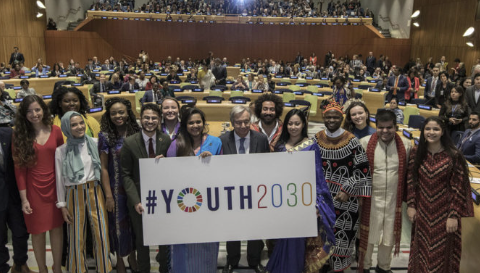Higher learning institutions offer more than academic knowledge—they serve as environments where students develop essential real-world skills that are valuable in both professional and personal settings. These skills help learners become adaptable, resourceful, and prepared to thrive in an ever-changing world.
One of the key skills gained in higher education is critical thinking. Students learn to analyze information, evaluate arguments, and make informed decisions based on evidence. This ability is crucial for problem-solving and effective decision-making in a wide range of careers.
Communication is another important skill developed during college years. Through group projects, presentations, and written assignments, students improve their ability to express ideas clearly and persuasively. These communication skills are essential for teamwork, leadership, and customer interaction in the workplace.
Time management is heavily emphasized in higher learning. Balancing classes, assignments, extracurricular activities, and possibly part-time work teaches students how to prioritize tasks and meet deadlines. These habits are directly transferable to managing responsibilities in professional settings.
Collaboration and teamwork are also cultivated in higher education. Many courses involve group work, which teaches students how to cooperate with diverse individuals, share responsibilities, and work toward common goals. These experiences build interpersonal skills that are essential in most modern workplaces.
Additionally, higher learning institutions encourage adaptability and continuous learning. Exposure to new ideas, unfamiliar subjects, and changing academic challenges prepares students to be flexible and open-minded. These traits are critical in adapting to new technologies, workplace changes, and evolving career paths.
In conclusion, higher learning does more than educate—it equips students with practical skills that are relevant beyond the classroom. By fostering critical thinking, communication, time management, collaboration, and adaptability, colleges and universities prepare students to succeed in real-world environments and lifelong careers.


